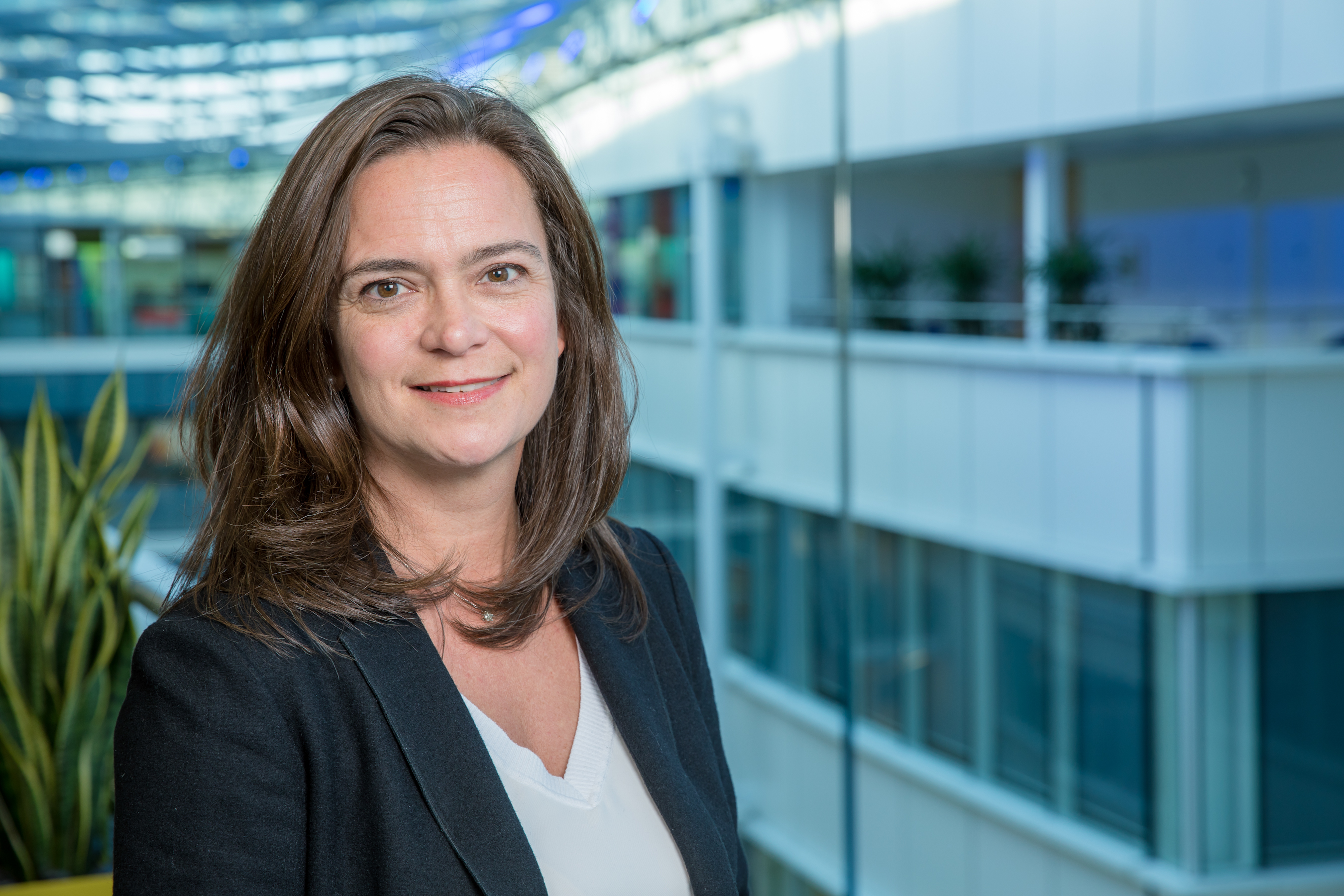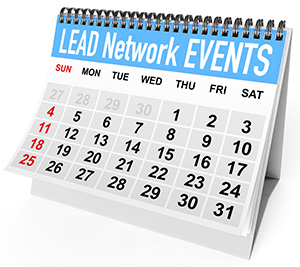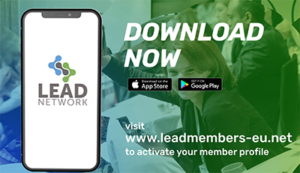LEAD Network Event Speaker Spotlight interview

Tamara Rogers
August 2018
Head of EMEA, GSK Consumer Healthcare
This month, the LEAD Network newsletter features speaker Tamara Rogers, Head of EMEA, GSK Consumer Healthcare. In her session “Self- Limiting Beliefs – what do we need them for?” Tamara will talk about every-day barriers women need to overcome to be successful. Tamara will focus specifically on one barrier: female mindset. Could it be that women’s lack of confidence, internal pressure to be perfect, to come across as strong as well as seeing problems where there are none, can cause more problems than any other barrier?
Can you tell us a bit about your background and your role?
I was born in Luanshya, Zambia (Africa), have lived in the UK and the USA, and spent extensive periods travelling in Latin America and Asia – both for business and for pleasure. I’m naturally curious and have been lucky enough to immerse myself in many different markets and taking the time to understand the diversity and cultural richness from country to country. I have an English passport but really consider myself a global citizen – so I guess I’m well suited in a global organisation with multiple markets serving myriads of diverse individuals.
I have always had a passion for health and wellness – in fact, when I was younger my dream job was to be a doctor – ideally a paediatrician. But life chose another direction for me (a story for another day!) and I went on instead to do marketing and general management. I joined Unilever in 1993 as a management trainee and progressed to more senior roles in brand management, key account management and global category roles. My last role with Unilever was Executive Vice President for the North American Personal Care division.
I then joined GSK in January this year to head up the EMEA region (Europe, Middle East and Africa) for our Consumer Healthcare division. The opportunity was just perfect for me – to join an amazing business, with some of the most trusted brands in healthcare and a company mission to help people do more, feel better and live longer. What more could I wish for someone who wanted to become a doctor and has a personal purpose around health and wellness? EMEA is an incredible region, with diversity along multiple axes. We span 111 countries, inhabited by 2.4 billion people with multiple nationalities and I believe representing all major religions.
I am also a happily married to Sebastian, an interior designer who brings great support and balance to my life (as well as amusement with his sharp wit and humour). We are the proud parents of two beautiful and smart children – although really they are now adults -, Cecily who is 17 and Gabriel aged 15. They will always be our babies!
Why is diversity important for you?
Because it brings different points of view to the table and opens your eyes to alternative perspectives. It enables teams and organisations go from good to great, to becoming high performing teams. And with diversity I mean the full spectrum – backgrounds, experiences, education, sexual and gender identity, culture, age, working style… When you have full diversity on your team combined with a culture of trust and transparency that supports inclusive discussions and decision taking you are better placed to win and to be successful in today’s constantly changing world. Another equally important consideration as a consumer healthcare company is that we simply must have a workforce that represents the rich diversity of consumers and patients of this world that we serve – to better understand their needs to be able to respond with our products and communication.
What is your perspective on the LEAD Network and what advice would you have for us?
Showcase (tangible) success stories and drive (scalable) best practice sharing. If we learn from each other and apply the learnings we will be unstoppable.
Tell us about something innovative you’ve done recently related to diversity?
I don’t know if I can describe these activities as particularly innovative – but they have certainly been powerful and impactful in a very positive way, which is what matters. Unconscious bias training really helps people from all backgrounds realise their own preconceptions, how you show up without you realising, and how being aware supports the decision making that unlocks a culture of inclusion. And most recently our global leadership team had a frank and open discussion with some of our LGBT+ employees who showed amazing courage in opening up to help us explore and understand some of the concerns and issues that impact people and their ability to be fully themselves in the workplace. And I am still thankful to these brave folks who were so patient with us as we explored some basic questions we dared not ask before. We are now armed with the comfort of understanding – which translates into the ability to be supportive as Allies. We are now committed members of Spectrum – a GSK Employee Resource group that celebrates the inclusion of all people regardless of their sexual identity or orientation and we are proud that Brian McNamara, our CEO of Consumer Healthcare, is the Global LGBT+ Council chair at GSK.
How important is diversity within your organization?
Creating a diverse and inclusive organisation is an important element of our strategic priorities (which are Innovation, Performance and Trust). GSK’s global inclusion and diversity mission is to seek, value and draw on the differing knowledge, perspectives, experiences and styles resident in the global community. We do it through our employee groups such as LGBT+ network Spectrum, the Women’s Leadership Initiative and the Disability Confidence Network. We run various programs to drive diversity, for example Accelerating Difference programme which supports the progression of high performing female leaders into senior roles. It incorporates individual and group coaching, as well as sponsorship by senior managers and actively engages men in a dialogue about gender diversity and inclusion.
In the EMEA region, for which I am responsible, in partnership with the LEAD Network, we have nominated 100 diversity champions (who are also members of the LEAD Network) who are helping activate our diversity agenda. These champions are currently leading focus groups across the region to try and understand the barriers for women to get into leadership roles, as well as seeing how men can help with this.
What is your biggest achievement related to diversity?
My leadership team. It represents 11 nationalities (English, Scottish, Dutch, Greek, Czech, Ukrainian, Mexican, Spanish, Polish, American, German) and is well-balanced in terms of gender and style. And it is a great fun, hard-working, continuously learning, failing, winning and inspirational team. We know we have room for improvement but are well on our way to becoming a high-performance team!



